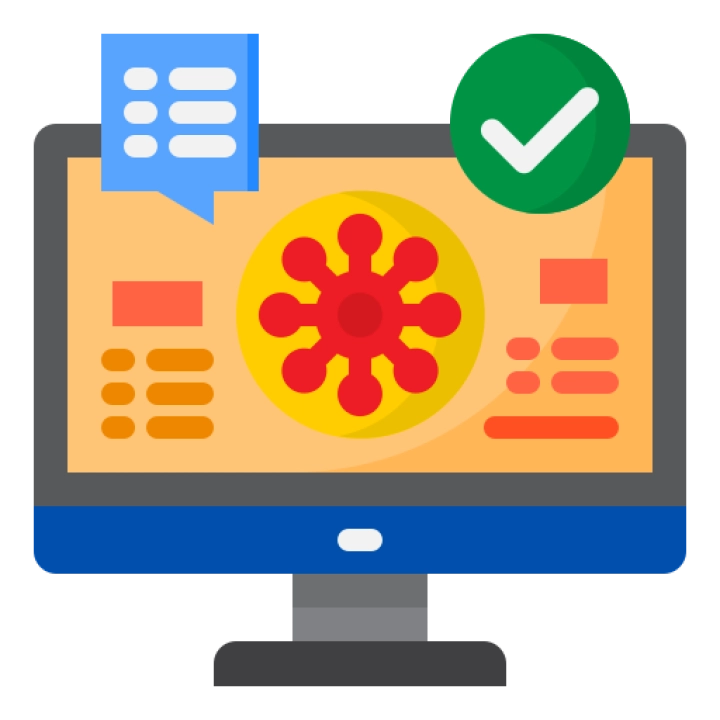College: Health Sciences
This program prepares students to work in the field of designing, implementing, and managing health information systems. Students develop practical skills and theoretical knowledge in health information, data management, electronic health records, and healthcare analytics. Graduates are equipped to take on roles in health IT departments, hospitals, clinics, and health information management companies.
Learning Objectives:
- Understand the fundamentals of health information systems and informatics.
- Develop skills in data management, electronic health records, and healthcare analytics.
- Learn techniques for designing, implementing, and managing health information systems.
- Explore principles of healthcare data security, privacy, and regulatory compliance.
- Analyze challenges and opportunities in health IT and management.
- Develop critical thinking, problem-solving, and analytical skills for effective health information system management.
Main Curriculum:
- Introduction to Health Information Systems
- Overview of key concepts and industry trends in health information systems.
- Fundamentals of health information, data management, and electronic health records.
- Health Data Management
- Principles of managing and storing health data.
- Techniques for collecting, organizing, and managing healthcare data.
- Electronic Health Records
- Fundamentals of electronic health records and their implementation.
- Techniques for designing, implementing, and managing electronic health record systems.
- Healthcare Analytics
- Principles of healthcare analytics and data analysis.
- Techniques for analyzing healthcare data to improve patient outcomes and operational efficiency.
- Design of Health Information Systems
- Principles of designing and developing health information systems.
- Techniques for designing and developing health information systems tailored to healthcare needs.
- Healthcare Data Security and Privacy
- Principles of healthcare data security, privacy, and regulatory compliance.
- Techniques to ensure the security and privacy of healthcare data.
- Managing Health Information Systems
- Basics of managing health information systems and operations.
- Techniques for managing health information systems, coordinating IT services, and ensuring system quality.
- Practical Training in Health Information Systems
- Real-world experiences in health information systems, including observations, internships, and practical projects in health IT departments, hospitals, or clinics.
- Application of skills in practical health information system scenarios.
- Capstone Project in Health Information Systems
- A comprehensive project applying skills in managing healthcare data, implementing electronic health records, or healthcare analytics.
- Presentation of a polished project or case study on health information systems.
Assessment Methods:
- Health data management plans, electronic health record implementation reports, healthcare analytics projects, health information system design proposals, data security and privacy analysis, health information system management plans, practical training reports, capstone projects, group projects, and internship evaluations.
Recommended Textbooks:
- "Health Information Science: A Multidisciplinary Approach" by Amar Gupta and Brian Bergeron.
- "Health Data Management" by various authors.
- "Electronic Health Records: Challenges and Solutions" by various authors.
- "Healthcare Analytics: From Data to Insights" by various authors.
- "Design of Health Information Systems" by various authors.
- "Healthcare Data Security and Privacy" by various authors.
- "Managing Health Information Systems" by various authors.
Prerequisites:
Basic knowledge of healthcare systems, information technology, and data management. Suitable for students interested in health informatics, health IT, and data management.
Program Duration:
Typically 4 years for a bachelor's degree, including coursework, projects, practical training, and internships.
Certification:
Graduates may earn a degree in health information systems and pursue professional certifications such as the Certified Professional in Health Informatics (CPHI) or related fields.
Target Audience:
Aspiring health information managers, health IT specialists, data analysts, and individuals seeking careers in health IT departments, hospitals, clinics, and health information management companies. This program equips students with the practical, theoretical, and analytical skills necessary to excel in health information systems, supporting careers in health IT, data management, and related fields.

